Return to sport without cardiac testing reasonable after recovery, registry study suggests
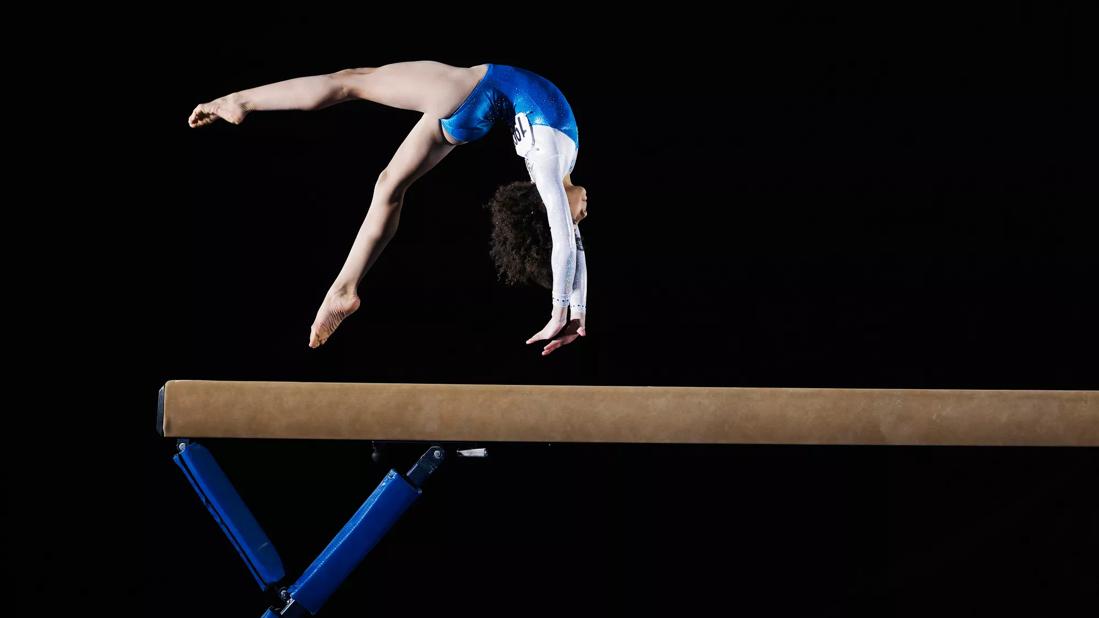
SARS-CoV-2 viral infection in college athletes is unlikely to involve the heart, leading to a very low risk of cardiac events. This finding, from the largest study to date of athletes with COVID-19, supports guidance that those who recover from an asymptomatic or mild course may resume sports without cardiac testing. The study report, published online in Circulation, recommends considering cardiac evaluation only for athletes with at least moderate COVID-19 disease or who have cardiopulmonary symptoms.
Advertisement
Cleveland Clinic is a non-profit academic medical center. Advertising on our site helps support our mission. We do not endorse non-Cleveland Clinic products or services. Policy
“Our findings put SARS-CoV-2 in line with other viruses in terms of risk of cardiac involvement in college athletes following a mild infection,” says Michael Emery, MD, Co-Director of Cleveland Clinic’s Sports Cardiology Center and a member of the steering committee for the registry used in the study. “Physicians and coaches can be reassured that advising athletes to return to play after recovery without cardiac testing is reasonable.”
Because myocarditis following viral infections is a well-documented cause of sudden death in athletes, some organized sports events have been cancelled out of concern for this possibility with COVID-19. Although SARS-CoV-2 infection was found to result in high rates of indicators of cardiac involvement in middle-aged patients hospitalized with COVID-19, whether this is the case with young athletes had not been determined.
To help answer this question, the national Outcomes Registry for Cardiac Conditions in Athletes (ORCCA) was established to collect COVID-19 outcomes data from National Collegiate Athletic Association (NCAA) athletes.
The investigation was a prospective observational cohort study with ORCCA data from 42 colleges and universities. Nearly 20,000 athletes were tested for SARS-CoV-2 infection, with 3,018 testing positive and meeting inclusion criteria (mean age, 20 years; 32% female); the majority were asymptomatic (33%) or mildly symptomatic (29%). Of these 3,018 athletes, 93% underwent at least one of the following triad of cardiac tests:
Advertisement
Clinically indicated cardiac magnetic resonance imaging (CMR) was performed on 119 athletes, either because of a borderline or abnormal triad test result or because they experienced moderate symptoms, while primary screening with CMR was performed on 198 athletes who tested positive for SARS-CoV-2.
SARS-COV-2 cardiac involvement was identified in 21 of the 3,018 athletes (0.7%) who tested positive and was considered definite or probable in 15 (0.5%) and possible in 6 (0.2%). This included 15 of 2,820 athletes (0.5%) who underwent clinically indicated CMR (n = 119) and 6 of 198 (3.0%) who underwent primary screening CMR.
Cardiac involvement was best predicted by the presence of either of the following:
No adverse cardiac events were reported over a median follow-up of 130 days in athletes deemed to have definite, probable or possible SARS-COV-2 cardiac involvement. Five athletes (0.2%) required hospitalization, in all cases for noncardiac complications.
Dr. Emery notes that because sudden death due to post-viral myocarditis is preventable if the condition is detected early, many team doctors were screening every athlete with CMR after a COVID-19 infection. This study provides evidence that this costly and time-consuming strategy is unnecessary, he says.
He highlights the following key takeaways from the results:
Advertisement
“This is an important study that is reassuring for patients and clinicians,” notes Leslie Cho, MD, Co-Section Head of Preventive Cardiology at Cleveland Clinic, who wasn’t involved in the study. “Symptoms and abnormal testing should guide who gets cardiac MRI.”
ORCCA is collecting more data, which Dr. Emery says will continue to help set best practices for college athletes. While this study followed athletes for a median of 130 days, additional longitudinal data will allow detection of any post-acute sequelae that may arise. In addition, data are being collected for cardiovascular disease unrelated to COVID-19.
“We have an excellent system in place for detecting events at colleges and universities across the country,” says Dr. Emery. “ORCCA will build on the momentum of this study for COVID-19 and beyond.”
Advertisement
Advertisement
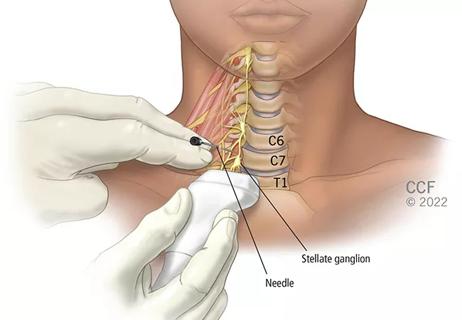
Patients report improved sense of smell and taste
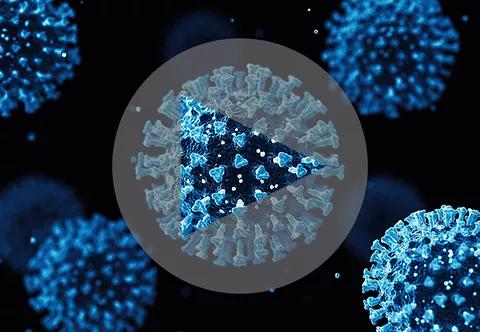
Clinicians who are accustomed to uncertainty can do well by patients

Unique skin changes can occur after infection or vaccine

Cleveland Clinic analysis suggests that obtaining care for the virus might reveal a previously undiagnosed condition

As the pandemic evolves, rheumatologists must continue to be mindful of most vulnerable patients
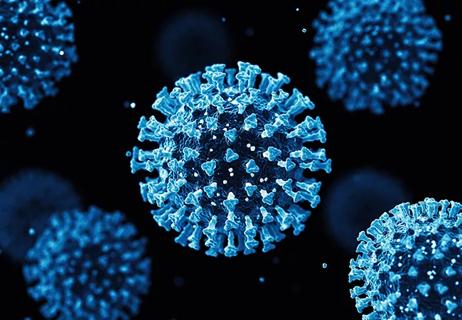
Early results suggest positive outcomes from COVID-19 PrEP treatment
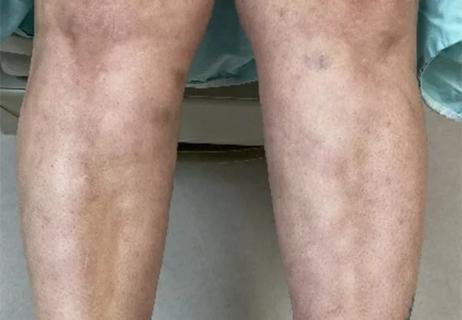
Could the virus have caused the condition or triggered previously undiagnosed disease?

Five categories of cutaneous abnormalities are associated with COVID-19